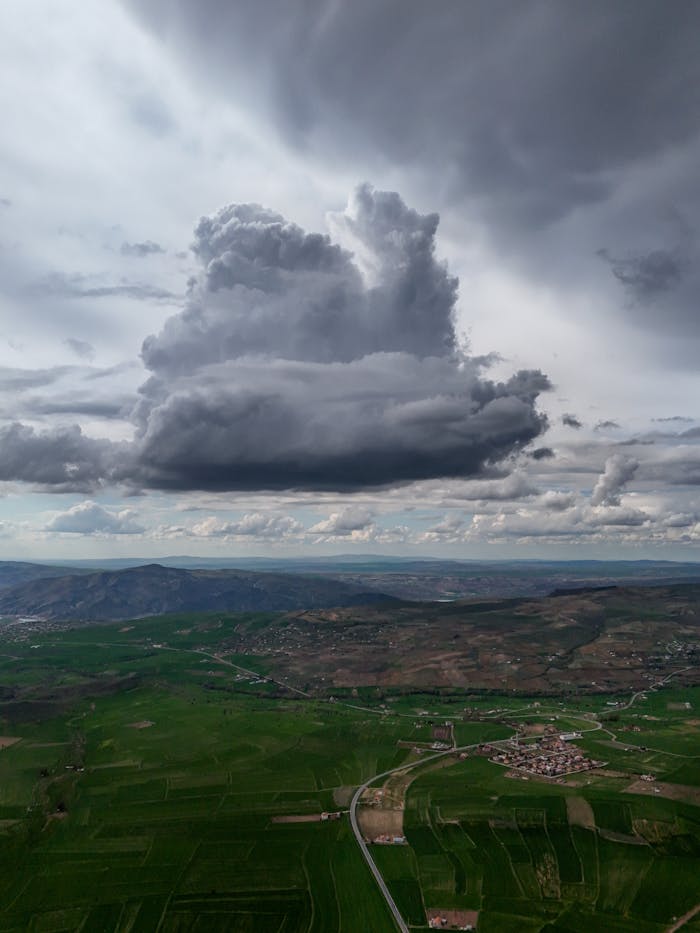Introduction
Weather influences nearly every sector of the economy, from transportation to healthcare. While many people think of weather apps as simple forecasts, the reality is that Weather APIs are powering complex systems across industries. By providing real-time data, forecasts, and historical records, these APIs enable smarter decision-making, reduced risks, and improved efficiency.
Why Weather APIs Are Transformative
Unlike traditional weather reports, Weather APIs integrate directly into applications, dashboards, and IoT systems. This allows industries to automate responses, personalize services, and anticipate challenges before they occur.
Key Industry Use Cases
1. Aviation
- Access to METARs, TAFs, visibility, wind speed, and turbulence forecasts.
- Helps pilots and airlines plan safer routes, avoid delays, and ensure compliance.
- APIs deliver airport-specific weather reports for thousands of locations worldwide.
2. Energy & Utilities
- APIs predict demand spikes in heating or cooling based on temperature forecasts.
- Renewable energy companies use them to optimize solar and wind power production.
- Smart grids integrate APIs to balance supply and demand in real time.
3. Logistics & Supply Chain
- Delivery platforms reroute trucks to avoid storms or floods.
- Warehouses optimize schedules by anticipating weather-related delays.
- APIs support global logistics planning with location-specific forecasts.
4. Agriculture
- Farmers receive frost warnings, soil moisture data, and rainfall forecasts.
- APIs help maximize crop yield while conserving water and resources.
- Long-term planning is improved with climate trend analysis.
5. Insurance & Risk Management
- APIs provide historical weather records to validate claims.
- Insurers predict risks for floods, storms, and droughts when setting premiums.
- Disaster alerts reduce losses by helping customers prepare in advance.
6. Health & Fitness
- Air quality APIs integrate into fitness apps and wearables, helping users avoid unsafe conditions.
- Smart homes adjust air purifiers and HVAC systems automatically.
Benefits Across All Industries
- Reduced costs: Proactive decisions lower waste and losses.
- Safety improvements: Real-time alerts protect lives and assets.
- Customer satisfaction: Transparent updates build trust.
- Scalability: APIs handle thousands of requests per second, supporting global operations.
Conclusion
From aviation to energy, agriculture, logistics, and healthcare, Weather APIs have become indispensable tools for modern industries. They turn weather data into a competitive advantage, enabling smarter strategies and resilient operations.
As businesses continue to embrace digital transformation, weather-driven intelligence will remain at the core of safer, more efficient, and future-ready industries.


